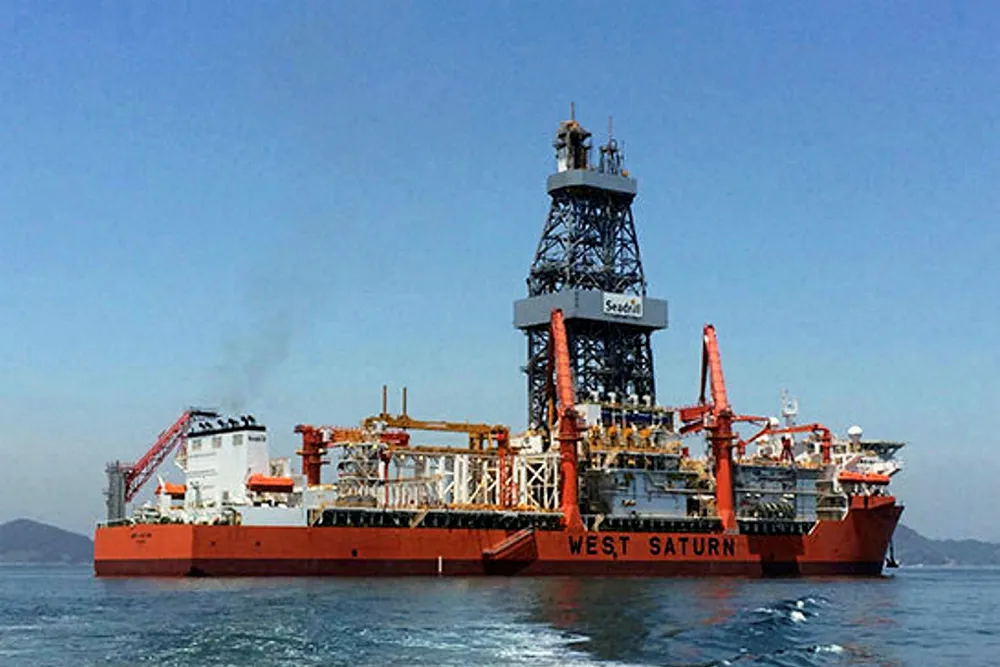ExxonMobil to go ahead with Brazilian exploration wells
ExxonMobil has approved the contracting of a drillship which will allow the supermajor to launch a much-anticipated wildcatting campaign in Brazil

ExxonMobil is sticking to plans to launch a wildcatting campaign in Brazil later this year, although the number of wells is likely to be affected by the headwinds of Covid-19 and low oil prices.
Sources involved in the future drilling operation said that final arrangements have been made between ExxonMobil and drilling company Seadrill to bring the drillship West Saturn to Brazil by October.
The drillship is currently in Trinidad and Tobago undergoing adaptation for the Brazil project, Upstream was told.
“We were waiting for final approvals and the contract was finally signed earlier this month. It is now all systems go to get the rig to Brazil,” one source said.
The West Saturn is a sixth-generation, dual-activity drillship capable of operating in up to 3600 metres of water and drilling wells to final depths of up to 12,200 metres, and has been retrofitted with a managed pressure drilling system.
ExxonMobil chartered the rig for an initial two-well campaign which includes a commitment to drill one prospect — either Ametrina or Opal — on the C-M-789 concession in the Campos basin and also the Titan prospect on the Tita production sharing contract in the Santos basin.
ExxonMobil was said to be offering a contract with multiple options that can be exercised after the drilling of the firm wells as the supermajor was eyeing pre-salt drilling targets such as Pandora and Atlas in blocks S-M-536 and S-M-647 in the Santos basin, and Cuprita and Espinela in the Campos basin.
Also on the horizon was the deep-water section of the Sergipe-Alagoas basin, where ExxonMobil operates six blocks near a cluster of light oil discoveries made by Petrobras in recent years.
ExxonMobil filed exploration plans for Sergipe-Alagoas comprising up to 11 wells, including prospects such as Ceres, Chinook, Cutthroat, Masu and Char.
Sources in Brazil have been predicting that a large portion of the discretionary wells will now be shelved.
(Copyright)